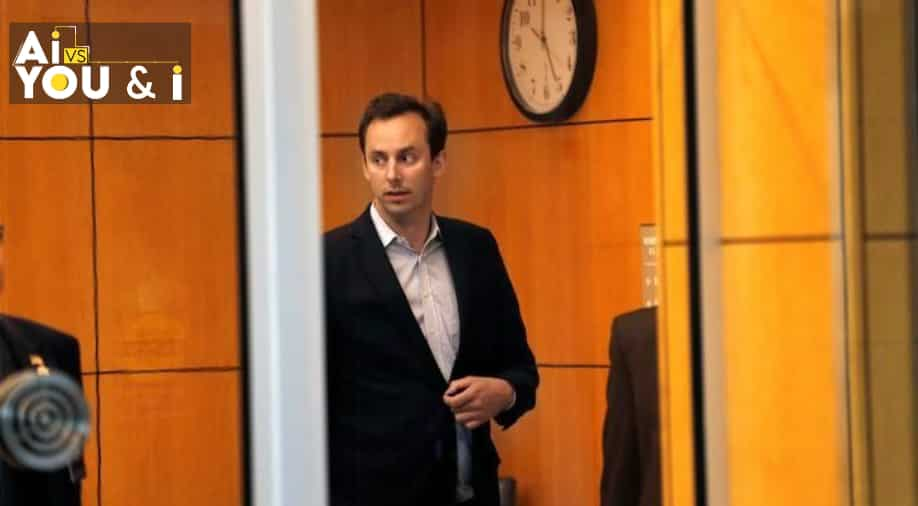Anthony Levandowski, a former expert at Google and a technical entrepreneur, recently revealed the revival of his church focused on artificial intelligence during an episode of Bloomberg’s AI IRL podcast. This provocative figure from Silicon Valley, known for his work in self-driving cars, initially established the temple eight years ago while working at Google.
Reviving “The Way of the Future”
During his tenure at Google’s self-driving division, Waymo, Levandowski founded the “Way of the Future” (WOTF) church in 2015. Despite its closure a few years later, he shared with Bloomberg that the church now maintains a “spiritual connection” with AI, boasting a congregation of “a couple thousand individuals.”
In relation to WOTF, the former Google engineer expressed, “We are developing entities that can perceive, exist beyond physical boundaries, and possess vast knowledge. They may even offer guidance and leadership akin to traditional notions of a higher power.”
Levandowski elaborated to Bloomberg, “For the first time in the last 4 billion years, we have had organic life forms, and now we are witnessing a transformation towards artificial life forms.”
Witness Anthony Levandowski’s revival of the AI-centric sanctuary.
He further stated, “The potential of these inorganic life forms is yet unknown, but we intend to imbue them with extraordinary capabilities and anticipate them contributing to society.” Levandowski envisions that AI could potentially usher in a “utopia on Earth.”
During the discussion, the original Google luminary expressed his aspiration to foster a broader and more profound understanding of AI to empower individuals in shaping its ethical application.
He emphasized the potential for rural America to engage with WOTF in order to “comprehend, participate, and shape public discourse on the ethical development of technological systems that benefit society.”
The controversial figure from Silicon Valley
Amidst legal disputes involving the former Google expert and the tech giant, the AI church gained public attention. Notably, WOTF was established during Levandowski’s tenure at Google but was only publicly revealed in late 2017.
Levandowski found himself at the center of a legal battle between Waymo and Uber over allegations of misappropriating Google’s self-driving technology for his new venture in the ride-hailing industry.
In 2020, he confessed to stealing trade secrets from Google, resulting in an 18-month prison sentence. However, on the last day of his presidential term, former President Donald Trump granted him a pardon, less than six months after his conviction.






